Saudi Arabia looks to foreign farmlands to feed itself
- Dawn
- 26 April 2009
The issue of food security is getting higher on Riyadh’s priority list.

The issue of food security is getting higher on Riyadh’s priority list.

The debate over foreign investment is set to expand from the mining industry to agriculture as overseas investors pour billions of dollars into Australian rural properties considered by some to be strategic national assets.
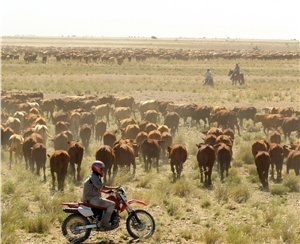
UAE food processing and poultry group Iffco has justifiably ruffled some feathers in Australia. Earlier this year, Iffco acquired a 14.99 per cent stake in Australian Agricultural Company (AAC) from Futuris Corporation for AU$64.7 million (Dh171.6m). AAC is the largest beef cattle company in Australia, running around 500,000 beef cattle on 21 cattle stations comprising 8.2 million hectares.
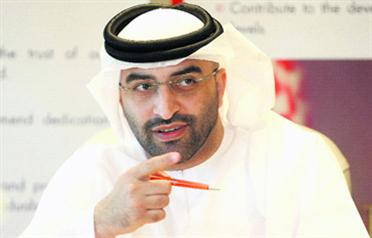
The agribusiness managed investment scheme sector is not expected to escape the economic downturn that has hit the financial services industry.

Could the Middle East become a significant new source of offshore investment in Australia’s extensive northern cattle industry?
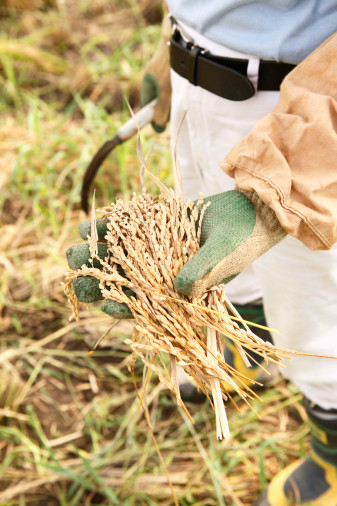
Agriculture Department denies a recent WA trade delegation visit to several Middle Eastern countries was to promote selling WA agricultural land for grain and livestock.

Agriculture Minister Terry Redman says Western Australia should embrace moves by Arab interests in the Middle East to buy prime Wheatbelt farmland to secure their future food supplies. Two groups from the Middle East are due to visit the State early next year as they consider investments of up to $1 billion in cropping, sheep and dairy production in WA.
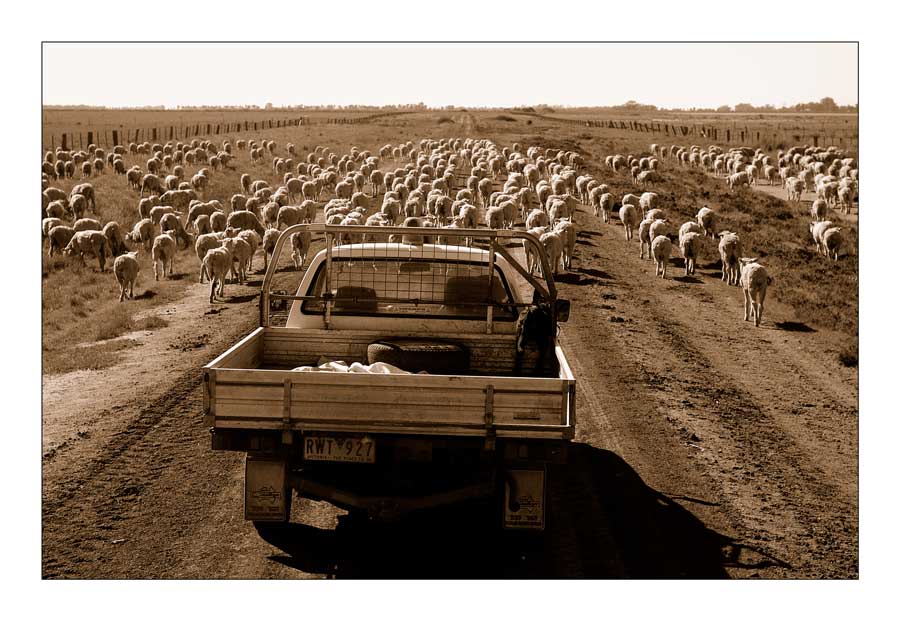
"They're not talking about $2 or $3 million, they're talking about $20 million to up to $1 billion of investment in big projects," Peter Metcalfe, the director of grain industry development for Western Australia, said in an interview.
Middle Eastern countries flush with oil funds want to invest up to $1bn in Australian farmland as they extend a drive for food security to the world’s second-largest wheat exporter, a grains official said yesterday.

As with timberland, while direct ownership and management (i.e., being a farmer), is a possibility, such a route is similarly fraught with difficulties. One of the most significant of these is the issue of diversification in the farmland itself - especially with a single investment. A well-diversified holding of farmland (row crop, permanent crop, pasture and even timber) will, therefore, not only require a significant investment, but may also involve land holdings in a number of different locations.
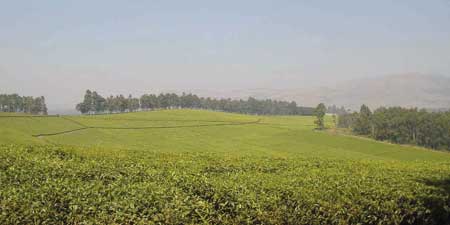
On the heels of tight crop production reports and the recent memory of individual nations experiencing food disruptions, there is a scramble to control or own agricultural assets and food stocks.
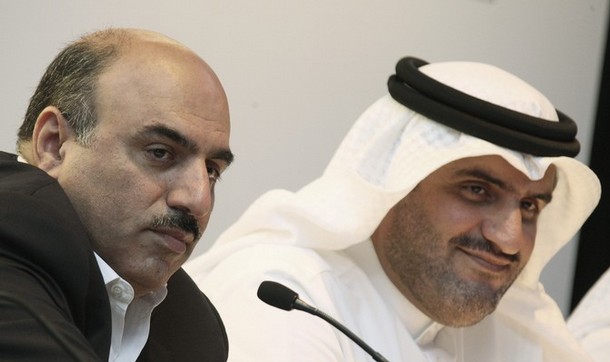
Contributing their bit to the global Indian takeover, the government and India Inc plan to buy sizeable land abroad for cultivation. Seen as a long-term answer to keep prices of farm products under control, the grand plan envisages acquisition of large tracts of land in neighbouring countries like Myanmar and far off places like Paraguay.

|
KKR acquires ProTen from Aware Super
|

|
CAR offers land ownership using cryptocurrency
|